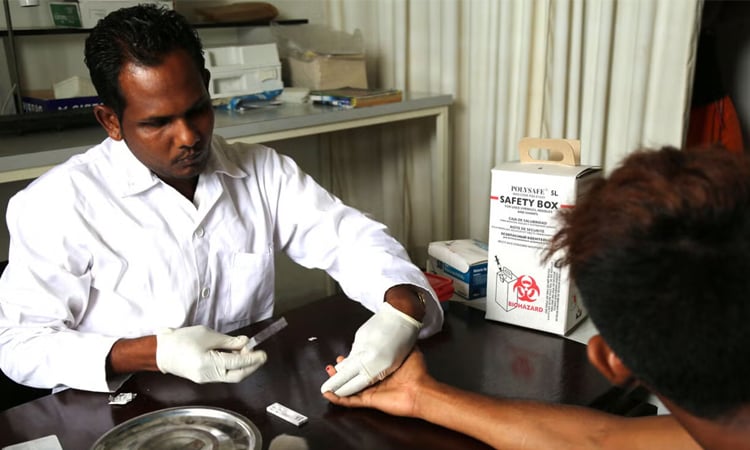News Flash
News Flash

PARAMARIBO, Suriname, July 1, 2025 (BSS/AFP) - Suriname has become the first Amazonian country to eliminate malaria after 70 years of fighting the mosquito-borne disease, the World Health Organization (WHO) announced Monday.
The achievement is all the more notable as the former Dutch colony on South America's northern edge is a breeding ground for the mosquito, due to its many industrial and artisanal mines with stagnant pools of water.
Suriname becomes the 46th country certified by the WHO as malaria-free. Twelve of them are in the Americas.
"This certification reflects years of sustained effort, especially reaching remote areas," Jarbas Barbosa, director of the Pan American Health Organization (PAHO) said in a statement. "It means future generations can grow up free from this potentially deadly disease."
Suriname's malaria control efforts began in the 1950s in the country's densely-populated coastal areas and relied heavily on indoor spraying with a pesticide and antimalarial treatment.
By the 1960s, the coastal areas had become malaria-free and attention turned towards the country's forested interior, home to diverse indigenous and tribal communities, according to PAHO.
In 2001, malaria cases peaked at 15,000. The situation was brought under control a few years later thanks to the support of the Global Fund to Fight AIDS, Tuberculosis and Malaria, which helped strengthen disease prevention through distribution of insecticide-treated nets.
The last case of malaria was reported in 2021, according to PAHO.
"Suriname's steadfast commitment to health equity serves as an inspiration to all countries striving for a malaria-free future," said WHO Director-General Tedros Adhanom Ghebreyesus.